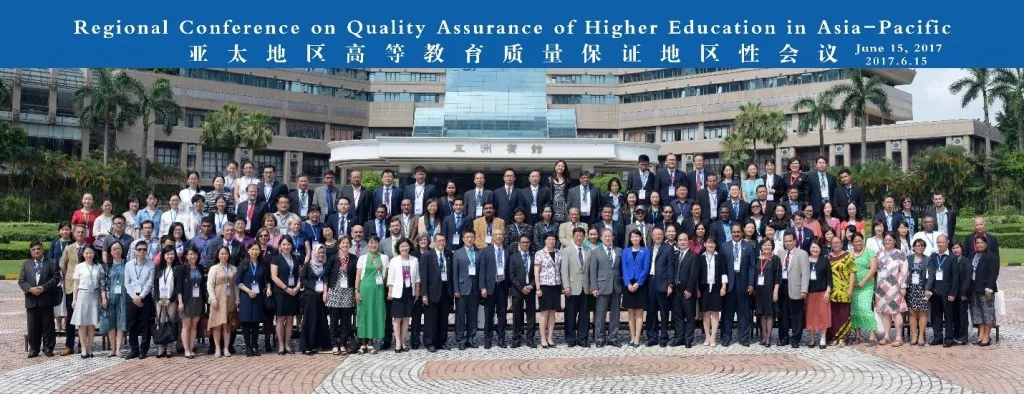Higher Education System Australia

The higher education sector in Australia is made up of universities, university colleges and a number of other types of higher education institutions that award qualifications from Australian Qualifications Framework (AQF) levels 5 to 10. There are three main cycles of higher education, which respectively lead to the AQF awards of Bachelor, Masters and Doctoral […]
School system

adding the new paragraph to the existing post School education is 13 years, from Foundation Year to senior secondary education. It covers: Schooling is compulsory for all students aged 6 and over, and most children will commence their Foundation Year when they are four or five years old. While preschool is not compulsory, it has […]
Education Australia

Overview of the Australian education system The Commonwealth of Australia comprises eight states and territories: There are three levels of Australian government: Australian and state and territory governments are responsible for education and training. School education School education is for 13 years. Students commence school at around five years of age. The stages of school […]
Qualification Recognition

Qualification Recognition Recognition in a Party of a qualification in higher education issued in another Party may have one or more of the following consequences: APNNIC members agree to provide access to reliable information on their higher education systems and facilitate access to this information for other parties. Each stakeholder has a role to play […]
Mobility of Learners and Learning

Mobility of Learners and Learning For UNESCO, international mobility in higher education is a means to promote peace and security through strengthening ties in education, science and culture. In line with the Sustainable Development Goals, mobility is also an opportunity to develop our individual competencies and global awareness. Mobility is defined as the physical or […]
Quality Assurance

Quality Assurance What is quality assurance? Quality assurance is an ongoing process by which the quality of a higher education system, institution, or programme is assessed by the competent authority or authorities to ensure stakeholders that acceptable educational standards are continuously maintained and enhanced (Global Convention, 2019). As the world’s most mobile region, the comparability, […]
Qualification Frameworks

Qualification Frameworks Collaboration among stakeholders throughout the Asia-Pacific region is becoming increasingly important for developing quality and relevant lifelong learning systems. Technical planning documents, such as qualification frameworks, aim to promote transparency around expected learning outcomes. What is a qualifications framework? A qualifications framework is a system for classification, publication and articulation of quality-assured […]
Overview

Overview The higher education landscape is rapidly changing due to the internationalization of curricula, diversification of providers, and the emergence of new modes of learning. Some 220 million students are currently enrolled in higher education worldwide, twice as many as ten years ago, and further growth is expected. Institutions face the challenge of providing quality […]
Issues & Topic

You can see the concept and the relationships of qualifications frameworks, quality assurance, mobility of learners and learnings, and the qualification recognition.
Other Regional Conventions

Other Regional Conventions UNESCO prepares and adopts conventions and recommendations at international and regional levels in the field of higher education. At the regional level, six conventions on the recognition of higher education qualifications have been adopted. African States 🔗 Revised Regional Convention (2014)The revised Convention on the Recognition of Studies, Certificates, Diplomas, Degrees and Other […]

